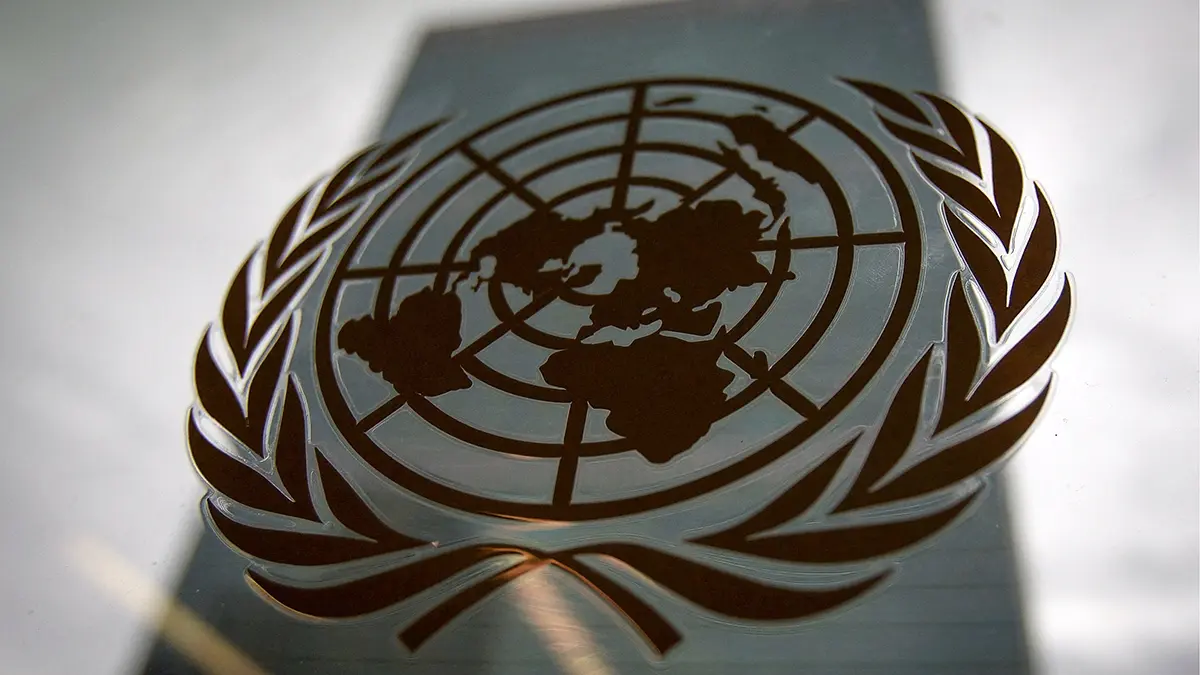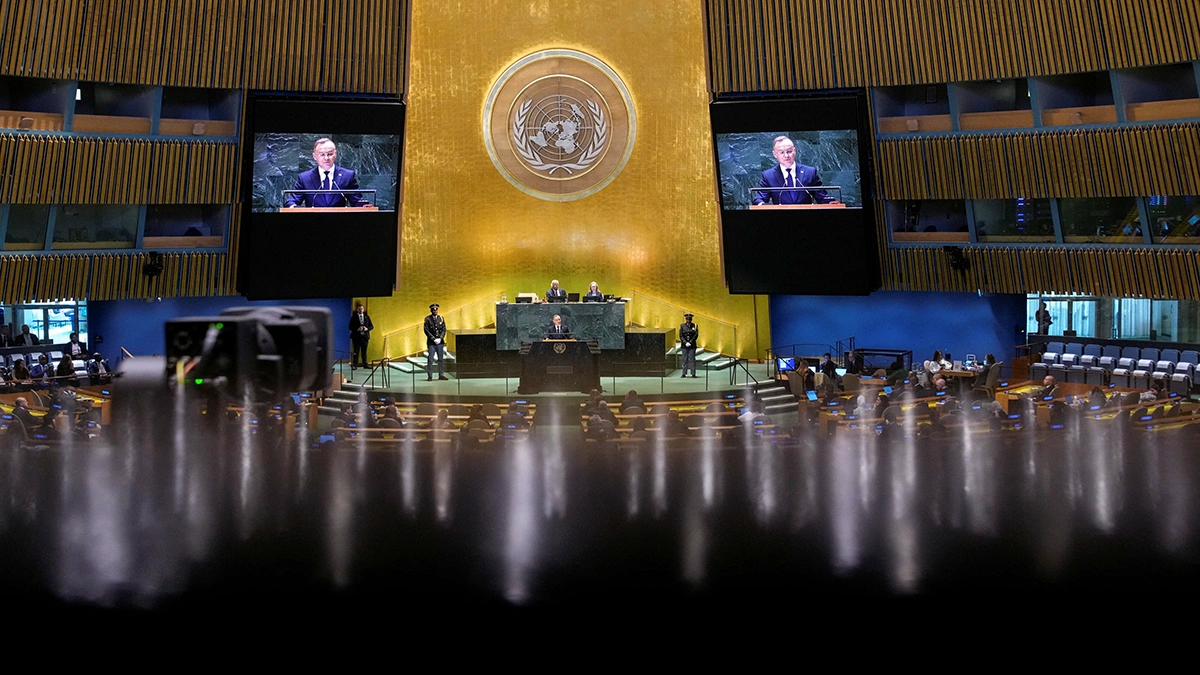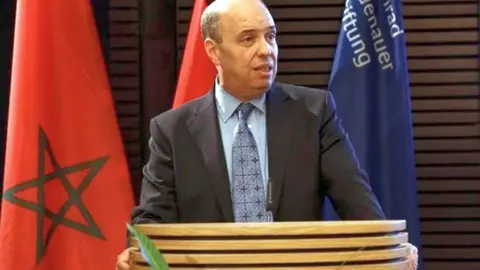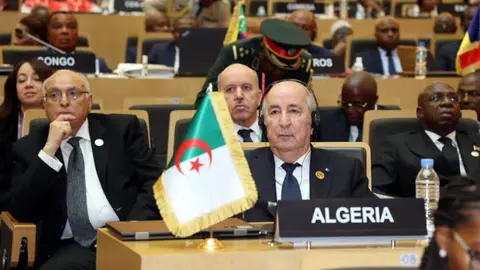80 years of the UN: anniversary marked by crisis

Officially inaugurated in 1945 by 50 nations in San Francisco, United States, with the signing of the United Nations Charter, the United Nations (UN) has always aimed to ensure global peace through respect, dialogue and democracy.
With more than 100 members since 1961, the international institution has also been committed to sustainability and the development of measures against climate change by 2030.
Among the UN's major milestones are the First General Assembly Resolution of 1946, which addressed the problems of atomic energy, the first peacekeeping mission in which armed and security personnel were sent to observe the situation in the Middle East in 1948, and one of the most recent, the adoption of the Sendai Framework for Disaster Risk Reduction in 2015.
Troops continue to be present in countries in conflict, such as Mali, to ensure the safety of people, and the humanitarian commitment has never wavered. The UN also remains a forum where countries (regardless of their power) can speak on an equal footing.
However, nations such as India, Brazil and Nigeria do not feel adequately represented because a colonialist balance of power remains in place rather than a truly egalitarian one.
There have been many achievements since its inception, but over time these have diminished to the point where its global role is now greatly questioned. There is also a risk that it will disintegrate due to declining funding from member countries. Member countries have reduced their funding to such an extent that the UN has been forced to launch the UN80 initiative, which plans to implement cuts. For example, the United States has been cutting spending on the organisation.

Filippo Grandi, the United Nations High Commissioner for Refugees, said they will focus on activities that have the greatest impact because the United Nations Refugee Agency (UNHCR) has been forced to reduce its operations.
Layoffs are imminent. Stephane Dujarric, UN spokesperson, confirmed that a 20% cut in the General Secretariat's staff is inevitable. However, the UN Administrative and Budgetary Committee and the General Assembly still have to approve the UN80 initiative.
The current multiple wars and the historical failures of the UN are not helping either. The 1994 genocide in Rwanda, in which approximately 800,000 people were killed, and the constant silence in the face of war crimes in Syria have significantly undermined international confidence in the organisation.
The paralysis of the UN Security Council in the face of the wars in Gaza and Ukraine accentuated the negative view of member countries due to the veto of the five permanent members of the Council.

According to Al Arab, the international institution itself has gone from being a space for mediation and decision-making to a spectacle in which different positions clash. Moreover, problems are no longer resolved with the United Nations in mind.
The Middle East and South have insisted that the UN must change its policies and rules so that there is no partial stance in which the powers are exempt from complying with the measures imposed.
In short, the international organisation faces an urgent need for reform, both internally in terms of the dynamics of the various bodies that make it up, and externally in terms of conflict management and financial matters.
The 80th anniversary of the UN celebrates the union between countries on all continents and the existence of an international institution dedicated to peace. However, it also provides an opportunity for dialogue to ensure that it does not become a ghost organisation.










